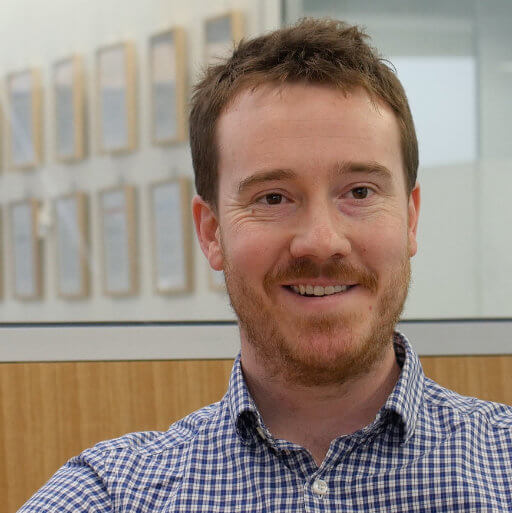
Cayne Layton is a Postdoctoral Research Fellow & Lecturer at the Institute for Marine and Antarctic Studies. He studies the ecology and restoration of kelp forests and temperate reef systems. Cayne combines field and lab experiments, and scientific diving to examine how kelp forest ecosystems function and persist, especially in the face of increasing anthropogenic stressors. He seeks to answer fundamental ecological questions while ensuring his research has practical applications for habitat conservation, restoration, and management. Cayne is also an active science communicator and has a keen interest in scientific/research diving, and the engagement of science with education and policy.
Cayne completed his PhD at the Institute for Marine and Antarctic Studies, researching the population and community ecology of Ecklonia radiata kelp forests. This project centered around several long-term field experiments and involved over 400 hours of diving. Cayne’s passion for temperate reef ecology and scientific diving brought him to the University of Tasmania from the Australian National University, where he completed his bachelor’s degree in science with honours (majoring in Zoology and Ecology & Evolution) and worked as a research assistant.
Cayne’s research actively engages with a variety of partners, including NGOs, Aboriginal organisations, industry, and government. He is a member of the NESP Marine Biodiversity Hub, and the Hidden Deserts, Marine Forests, and OzFish citizen science initiatives
Cayne's current work focuses on the ecology and restoration of kelp forests and rocky reefs. However his broader research interests are habitat conservation, science communication & education, Indigenous and Traditional Ecological Knowledge, and links between science and policy.


